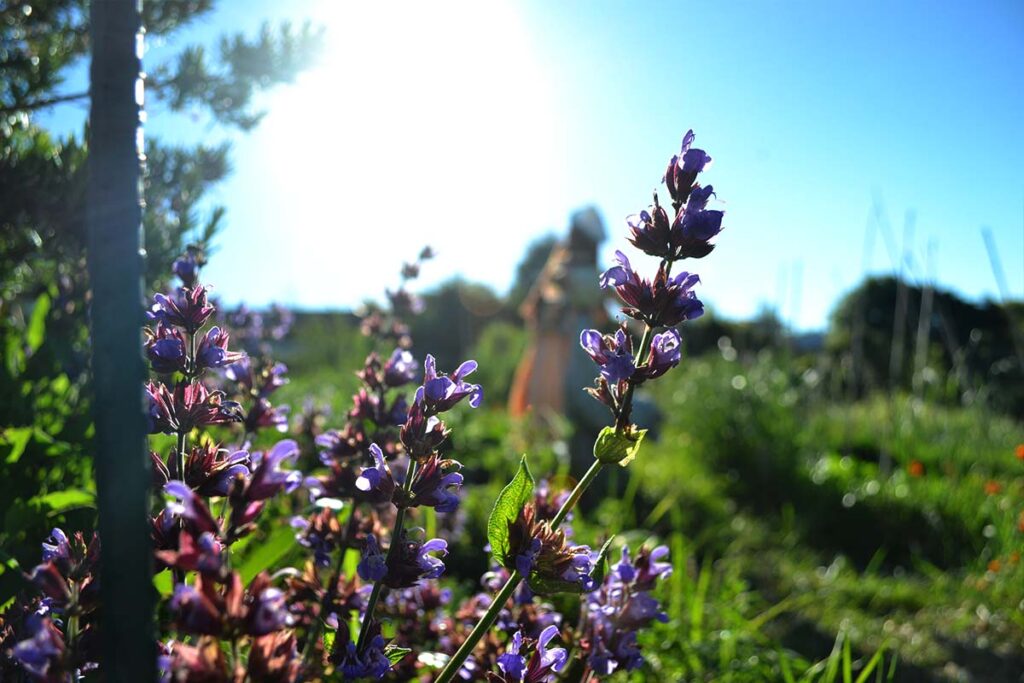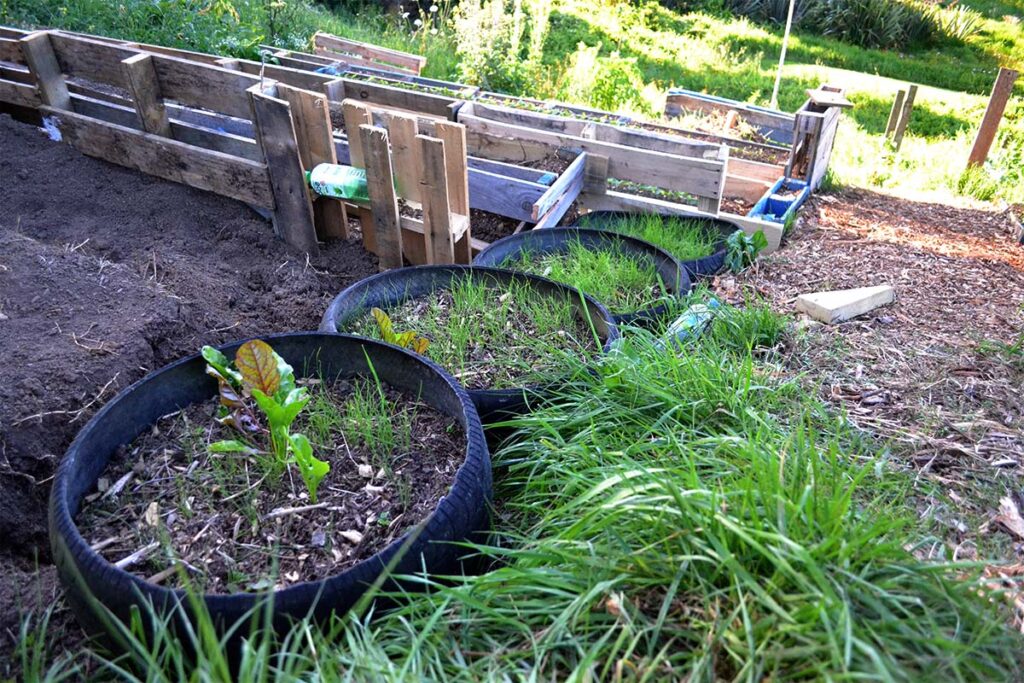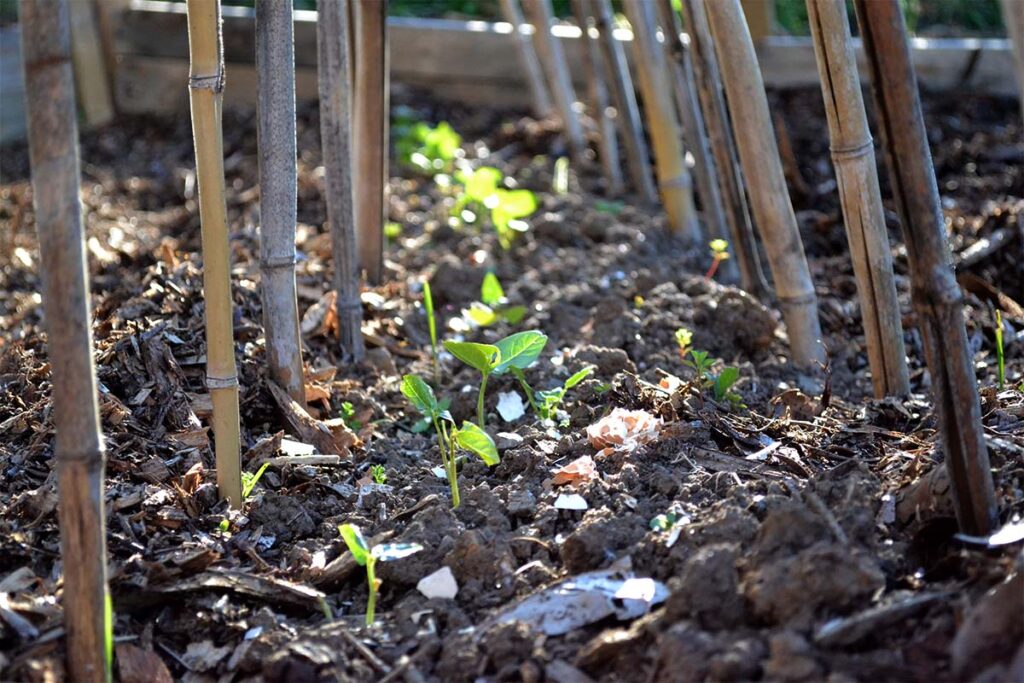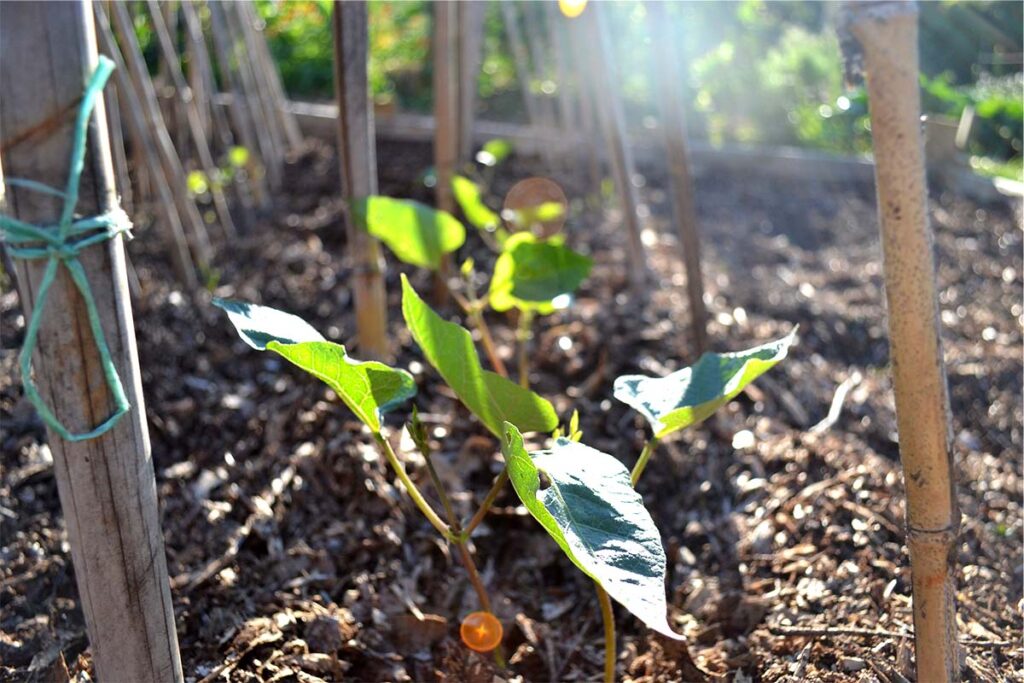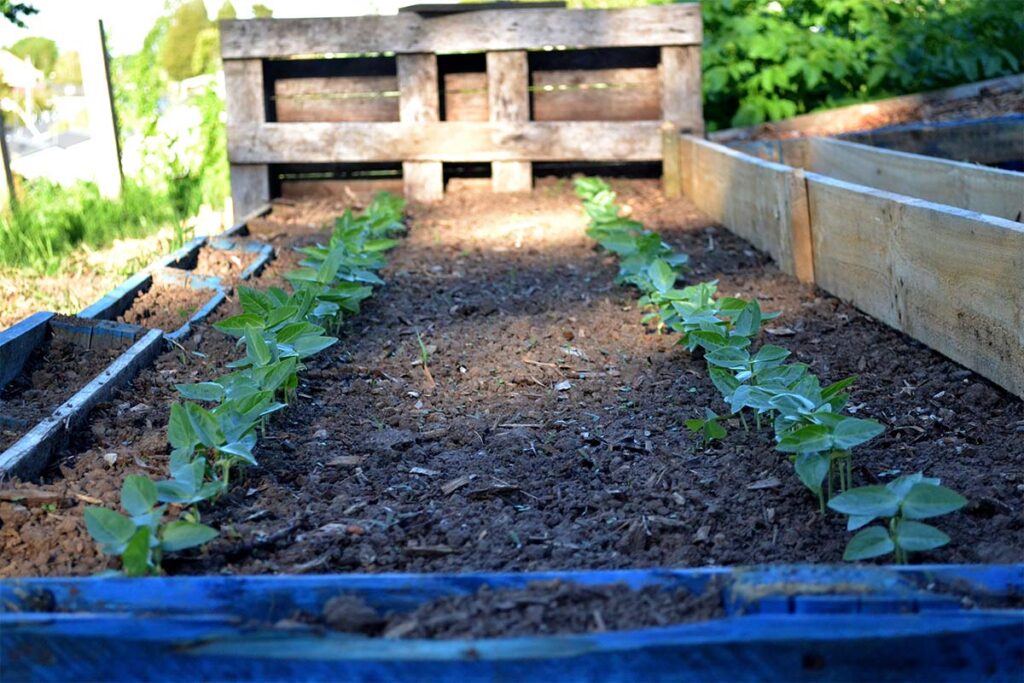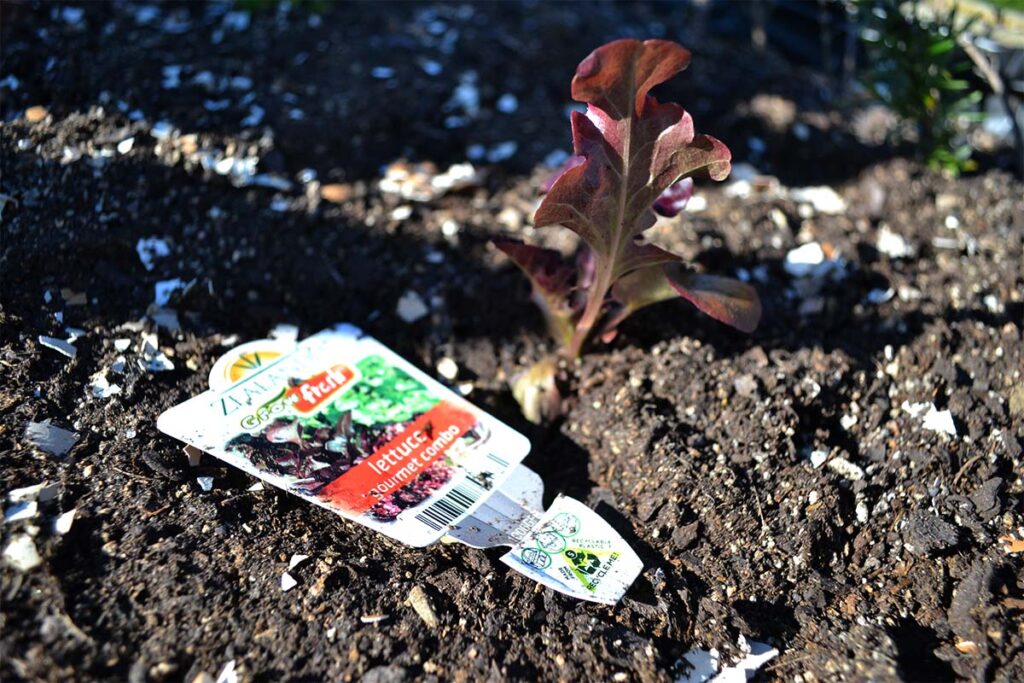ROC, The Rock For Refugees & Immigrants
For a long time, New Zealand has always welcomed refugees and immigrants alike to be part of its society.
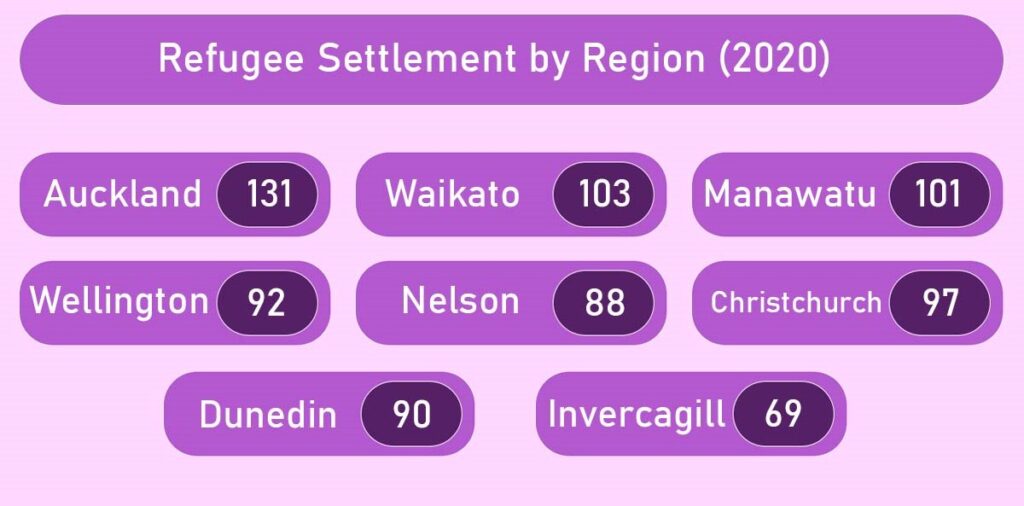
However, it is no secret that, due to language barriers and cultural shock, those who come from overseas, especially from the likes of the Middle East or Africa, have a difficult time integrating and eventually becoming independent in New Zealand. While there is, of course, support from the Government to help them onto their feet, there are still few areas left uncovered (not to the fault of the Government of course). This is where organizations such as The Refugee Orientation Centre of Trust (or ROC for short) come into the picture.
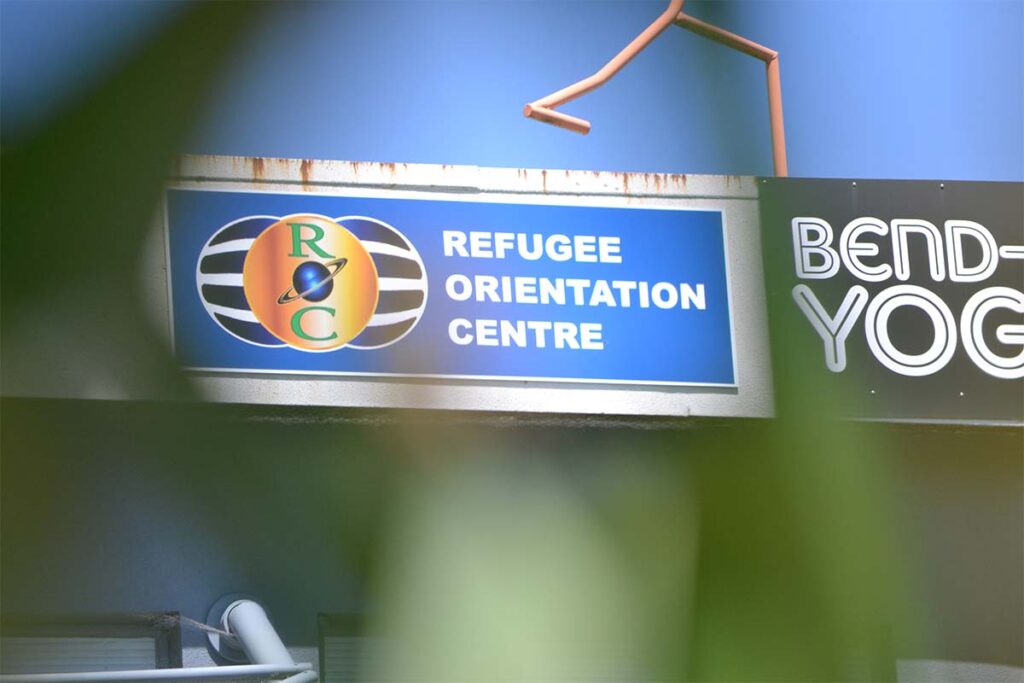
Fifteen years ago, in 2005, Guillaume Muzombo came to New Zealand as a Refugee from Congo in search of a better life. In his experience however, he found it significantly difficult for refugees to integrate into New Zealand society and become independent. With the motto of “By Refugees for Refugees” in mind, Muzombo established ROC, and had been its leader up until his unfortunate death in 2019.
In the present day, ROC has long since surpassed its old motto as it has extended its help towards migrants as well. Currently, it is being run by 13 full-time and part-time members, one of them being Sandya Rajapakshe, who immigrated from Sri Lanka, and is now a full-time accountant handling ROC’s finance-related affairs. I sat with Sandya to find out more about ROC in relation to its main workforce, volunteers, as well as its many programmes.
ROC runs multiple programmes designed to help children and adults to further their lives in New Zealand, from after-school programmes for children and students, to driver license courses for teens and adults. ROC also helps its volunteers, coordinating them into practical activities based on their field of studies to build up their experience and confidence, increasing their chances of landing a paid career in New Zealand.
“We help them develop their work, we get them comfortable with their environment…”
“Most of the volunteers are migrant students – even though they have skill entry from their country – New Zealand requires [national] experience to get those jobs”
While volunteers do sometimes move on with their careers and even move to other cities, some still work for ROC remotely. ROC also has future plans to expand on its current programmes as well as implement new ones for the local migrant communities. A significant new programme they hope to implement soon is their community garden project.
“We are giving them the plots to grow [vegetables] – we are providing training – and they are going to grow their own plants and vegetables to give [to] their families-… Gardening is a global language… – we thought it was an ideal way to integrate to New Zealand society”
Sandya
This is significant due to New Zealand’s deep history and current culture with agriculture. While the programme has been delayed due to Covid restrictions, it remains to be an exciting plan for everyone involved.
Green Hands of ROC
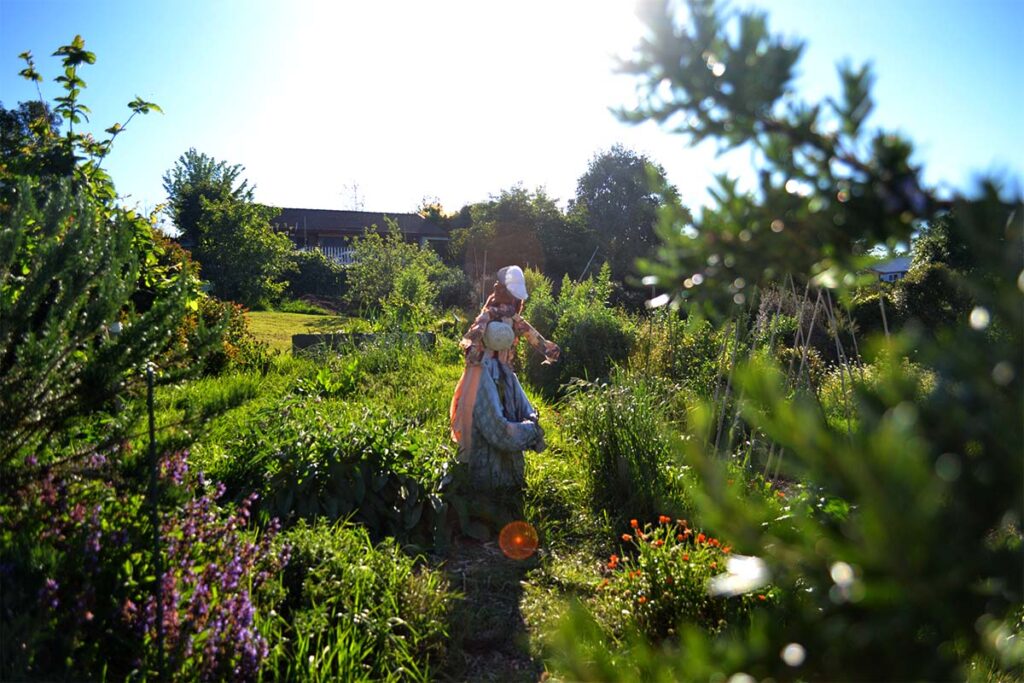
The Refugee Orientation Centre of Trust (ROC) has designed multiple programmes to provide specific services to both refugees and immigrants while also planning many more in the future as it expands. One of these significant upcoming programmes is ROC’s community gardening project.
The garden features various plants, both vegetables and flowers
Liaquat Changezi, who migrated from Pakistan in 2018 and is now currently working for ROC, had noticed an issue which needed to be addressed. Among the migrants and refugees, while the younger people had the likes of school to come together and form relationships, the elderly among them had no such common reason to get together, and therefore simply sat at home. They often had no friends in New Zealand upon arriving and settling and they had little to no intentions of going back to their country of origin for various reasons. While pondering as to what could be done so that the elderly could be an active part in the various migrant communities, Changezi came up with a potential solution, a community garden project.
“Basically, the gardening project was to allow the communities to interact between each other. For example, to encourage interaction between the Pakistani community and the Afghan community… -to take families from each community and make them a friendship.”
Gardening and farming of crops is deep rooted in human history and is still practiced to this day. Changezi hopes that it will help achieve a further sense of belonging in New Zealand among the elderly rather than seeing them not immersing themselves in their new home at all.
Yet, how would ROC achieve this? To make a garden, a plot of land was needed. Fortunately for ROC, another trust programme would approach them with a proposal. The Grandview Community Garden Trust was established as part of a bigger organization; Community Waikato. Due to a lack of members, that trust has decided to dissolve. However, they approached ROC and offered their land used for gardening for ROC’s community garden project. Essentially, the responsibility of a community garden project on this land has been passed to ROC.
“We will give them [participants] a small plot. Like, a 3×3 meter or a 4×4 meter [plot] to one family, because it’s a big piece of land.”
“Every Saturday, the communities will come together. We have a small space, a canteen… -so every family will come there, bringing their tea, their breakfast, something like that, [from] 9am-1pm.”
With a routine like this, Changezi hopes that the elderly participants will eventually be able to form friendships, regardless of backgrounds.
“So, first they will just meet each other and start good friendships with different communities… -maybe share their food or something like that.”
ROC has of course enlisted help from experts who will supervise the project and teach those unfamiliar with gardening in the New Zealand climate. The organization plans on starting the project by the end of November, something the organization as a whole is looking forward to.


